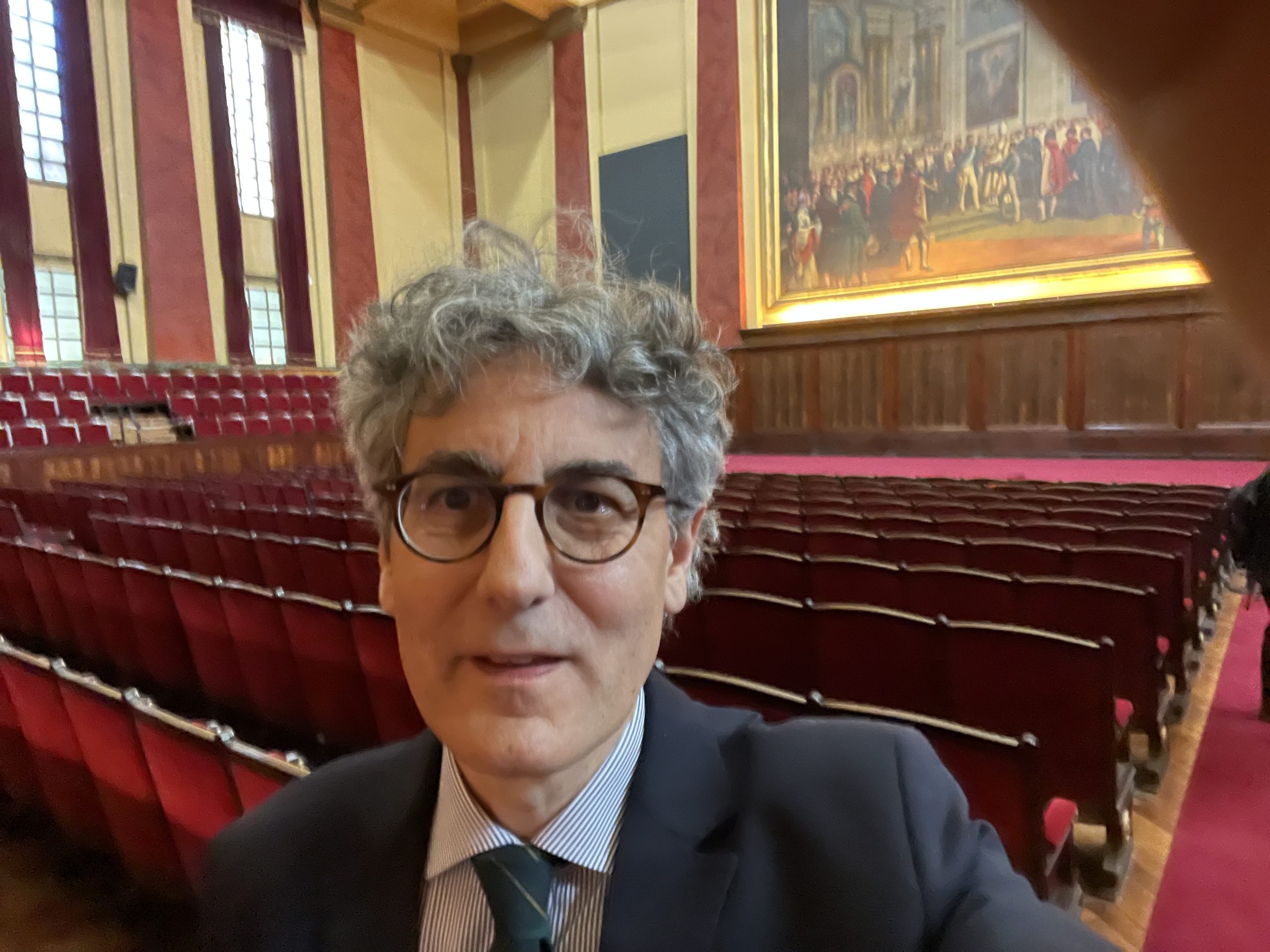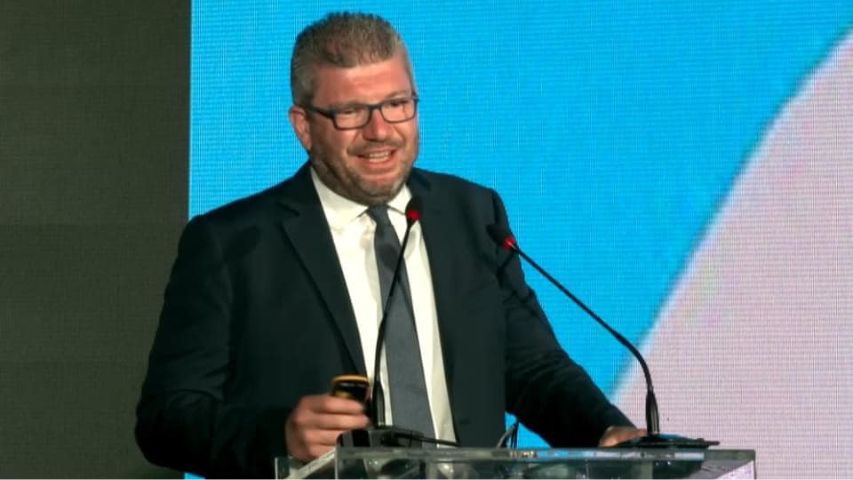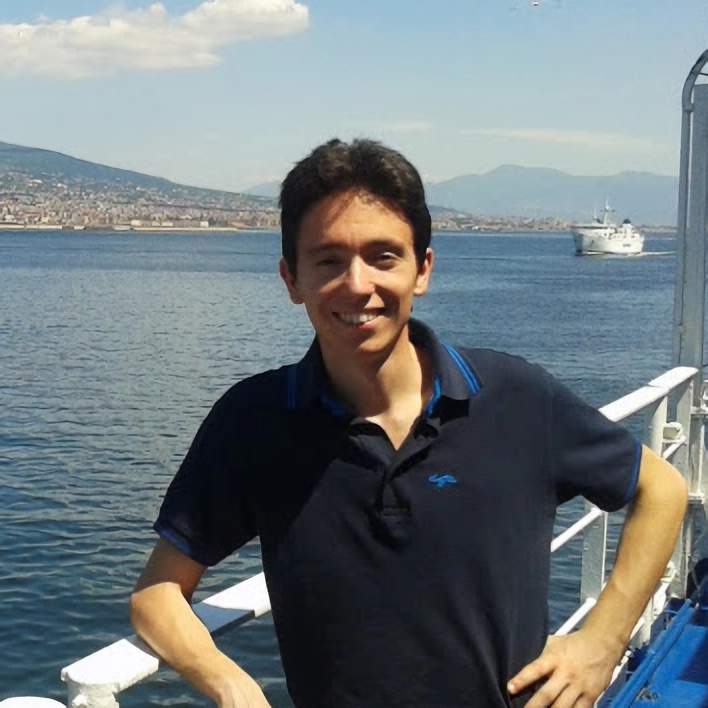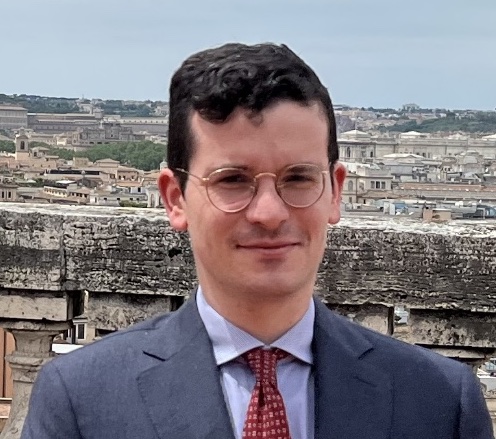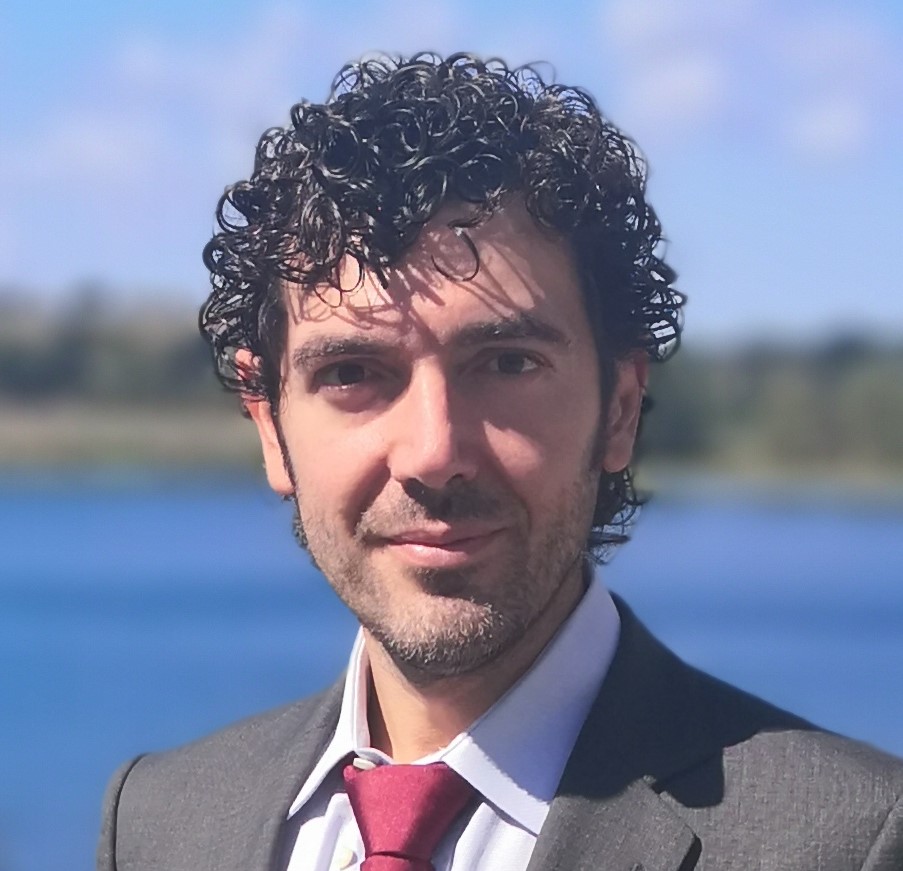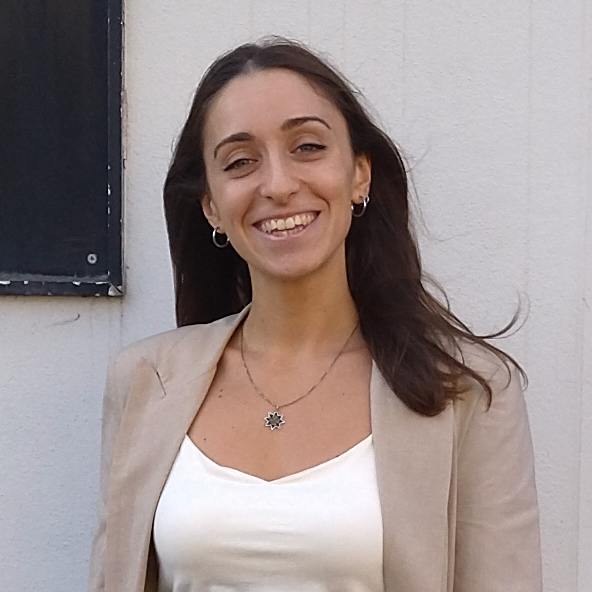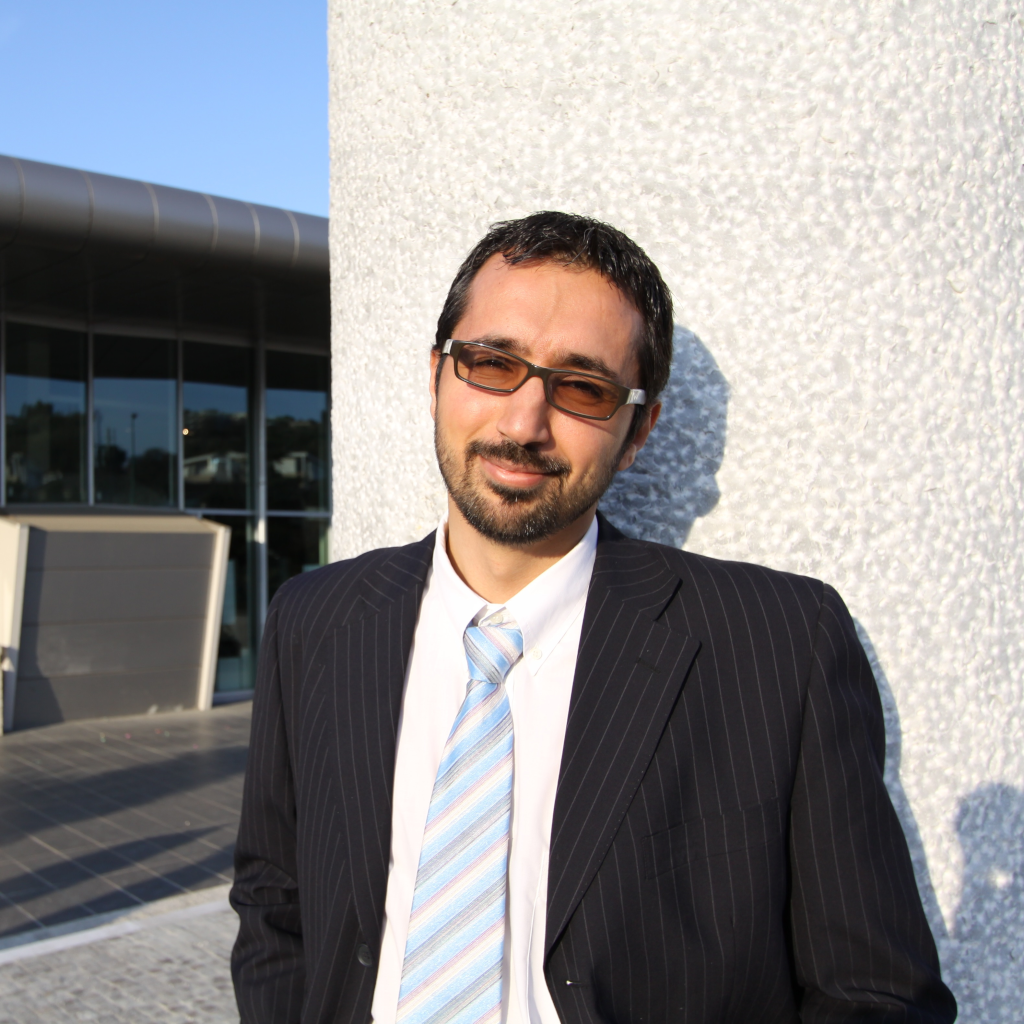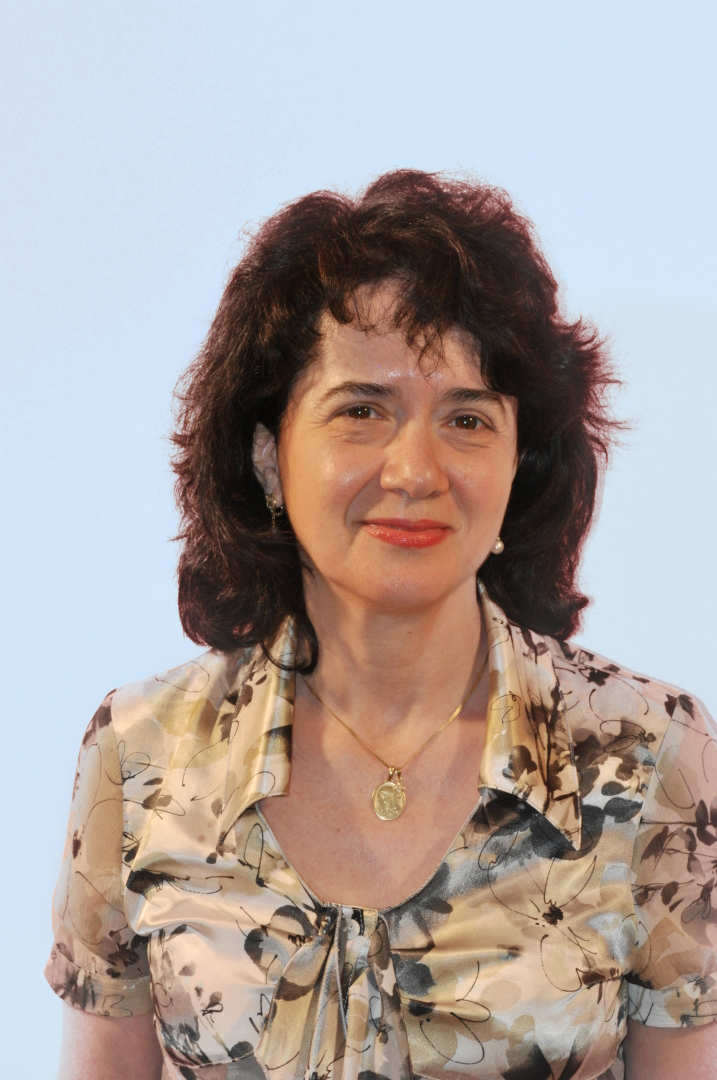The Research Units
Università degli Studi di Macerata
Sapienza Università di Roma
Università degli Studi “G. d’Annunzio” Chieti – Pescara
The University of Macerata (UniMC) was founded in 1290 and is one of the oldest universities in Europe. Today UniMC offers a wide range of degree programs in the Social Sciences and Humanities, spanning from Languages to History and Philosophy, from Education to Tourism and Cultural Heritage, from Economics to Business, from Law to Political Science and Communication. In RightNets, the UniMC research unit, composed of experts in consitutional law and computer science, deals with the transparency of the electoral process, understanding the impact of inauthentic or fraudolent engagement in social media and assessing the extent of possibile foreign interference in Italian election campaigns.
The Sapienza University of Rome was founded in 1330 and is the larget University in Europe, with 122,000 students in the 2022/2023 academic year. It currently offers 309 degree programmes (Bachelor’s and Master’s) – among which over 66 are taught in English – 200 Advanced Professional Courses, over 95 PhDs and 87 specialisation schools. In RightNets, the Sapienza research unit, through the associate PI, Francesco Bilancia, is involved in the accountability of the electoral process, evaluating the relationship of the candidates with the local community in the territory where they are elected and investigate if there is a relation between the nature of social engagement and the phenomenon of abstentionism.
The “Gabriele d’Annunzio” University (UdA), established in 1965 as a “Libera Università” (non state-owned university), became state-owned in 1982. Today, it has 13 Departments and 2 Schools. There are two university campuses: Chieti, registered office of the university with the offices of the Rector and General Directorate and Pescara. In RightNets, the UdA research unit, composed of experts in consitutional law and computer science, is involved in the accountability of the electoral process, understanding whether the holder of the mandate acts in a responsive and accountable way towards the voter, with the aim to reduce the perceived distance between people and their elected representatives, specially younger generations.
Team Members
The project team leverages on the integrated knowledge of the legal and computer science teams to guarantee excellence and coherence towards the achievement of the objectives. This interdisciplinarity merges expertise in law relating to new technologies regulation, rule of law, fundamental rights and representative democracy, competences in social media opinion analysis, data collection and processing, and the development of Artificial Intelligence systems.





